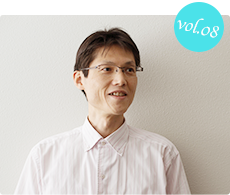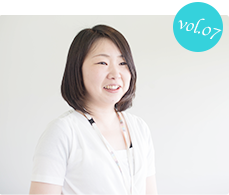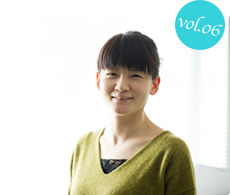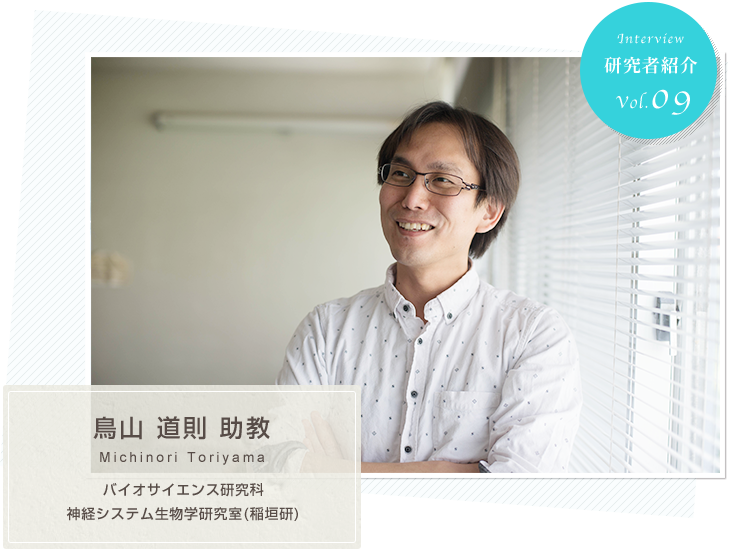
![]()
Ph.D. in Bioscience from Nara Institute of Science and Technology (NAIST) in 2007. Postdoctoral fellow at Nara Institute of Science and Technology (NAIST) in 2007, research fellow at the University of Texas at Austin in 2013, and current position since 2015. He specializes in cell biology and neuroscience. His research focuses on understanding the molecular mechanisms that regulate the formation of neural networks.
Why did you become a researcher?
Ever since I was in high school, I loved history and didn't much like biology and other science subjects, and I thought I would go to college to study literature or political science and economics. However, when I was in my junior year of high school, cloned sheep came into the limelight, and reading books on the subject was interesting, so I decided to become a researcher in the life sciences at that time. I enrolled in a science-related university and joined the Ito Laboratory of the University of Tokyo as a master's and Ph.D. student. After receiving my Ph.D. and working as a postdoctoral fellow for five years, I studied abroad in the U.S. before accepting my current position at NAIST.
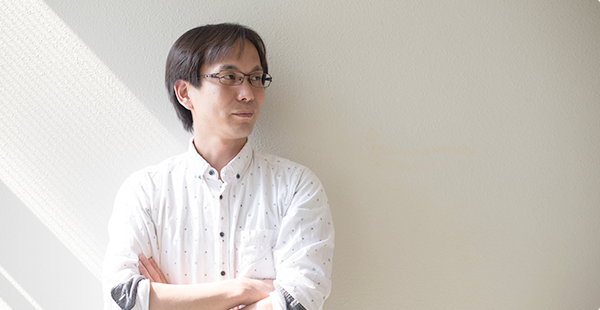
How do you spend your weekdays and weekends?
On weekdays, after feeding the kids, my wife goes to work first. I drop the kids off at daycare around 8:30 and then go to work at the university. Then I leave the office at 6:30 p.m. to pick up the kids. Of all the faculty and students in the Inagaki lab, I go home the earliest, but I try to schedule my meetings with students as early as possible so that there are no problems. Professor Inagaki is very understanding and helpful in this regard. When I get home, I sometimes cook a full meal, but for now I eat something light and play with my children. Then my wife comes home around 8:00 or 8:30, so I cook and eat dinner after the whole family is together. After dinner, I bathe the children and they go to bed around 9:30 or 10:00. After the children go to bed, I come back to the university three days a week to work on the remaining work. Sometimes, when I am in the middle of an experiment or very busy, I pick up the kids from the daycare and return to the university without eating as soon as my wife gets home. It's a hectic day, but I've gotten used to it.
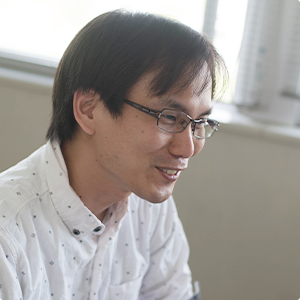
However, when I first arrived in October 2015, my children could not attend the same daycare due to capacity constraints, and it was very difficult during that time. I had to drop off my older son at a daycare center in Minami Ikoma and then take my younger son to a daycare center near the university, which was very difficult. When we were stuck in traffic, we left home at 7:00 a.m. and arrived at the university at 8:30 a.m. We were fortunate to be able to go to the same day care center in April of the following year. When the news reported about children on waiting lists, I thought it was a personal matter. I never thought it would happen to me.
On weekends, I have a lab seminar every Saturday starting at 9:30 a.m., so I leave the kids with my wife and work until the evening after the seminar. On Sundays, I usually take the whole family shopping or to the park. If we have time, we sometimes go to amusement parks.
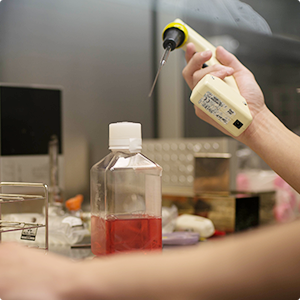
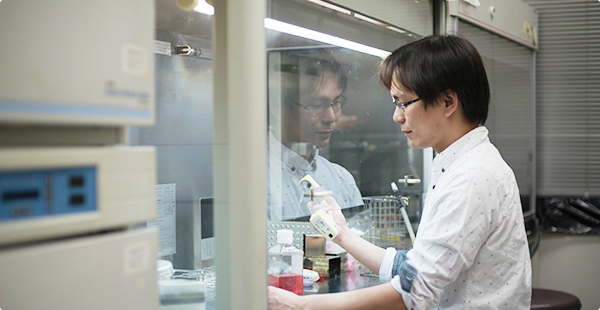
Support for Researchers Needed at NAIST
If the research environment were to be improved so that research activities at TUAT could be more active, I think it would be a good idea to set up a day care center for school-age children. I believe that the number of researchers with children will increase, and it will be a problem if their children cannot go to a day care center. Since the university campus is safe and there are probably places for them to play, I think it would be a good idea to set up a day care center. Even if it costs some money, I think there will be people who will leave their children there.
In my case, my current lifestyle is not particularly problematic, but I predict that it will not be as good as it is now when my children reach elementary school age. When my oldest child enters first grade and school ends after 2:00 p.m., it will be difficult for him to come home alone and stay at home. Should I pick him up from school, feed him, and then send him to school? I am thinking about these things now.
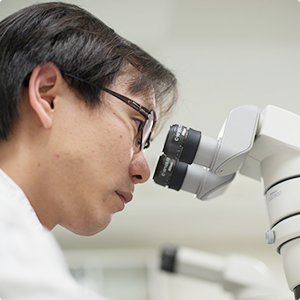
Future Research Activities
Research involves making a hypothesis, proving it through experiments, and if it is as hypothesized, it is a new discovery of mine. Of course, there are times when things don't work out, but there are also times when things work out through trial and error, and those moments are very exciting. My interest in medicine led me to my current field of specialization, and I hope to continue my research to elucidate the principles of disease pathogenesis and contribute to the advancement of medicine and health in the future.
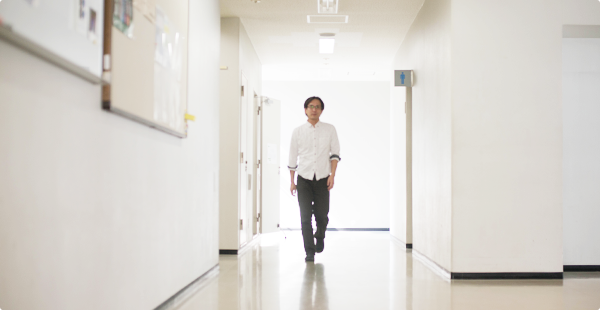
(June, 2017)

-
2017.6 updated
Division of Biological Science
-
2017.6 updated
Division of Information Science
-
2017.3 updated
Division of Biological Science






